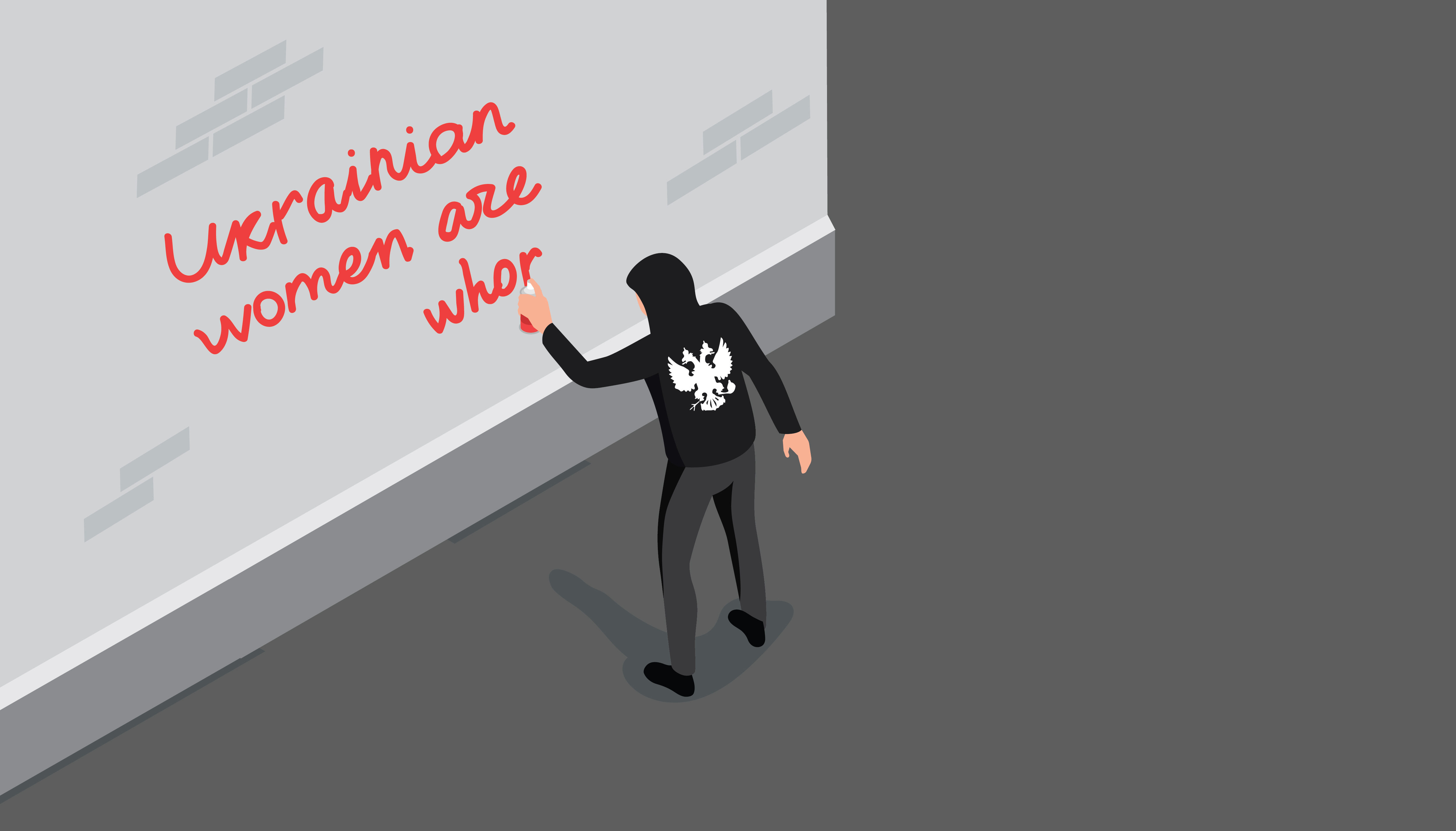Despite constituting the majority of the global population, women continue to face oppression in many societies. They exhibit traits akin to a minority group, with a distinct history of advocating for their rights, fewer resources compared to men, and enduring various forms of discrimination. Even in developed nations with progressive policies, women contend with lower wages for equivalent work, shoulder unpaid domestic responsibilities, experience underrepresentation in government, business, and leadership roles, and confront elevated risks of physical and sexual violence. The World Bank reports that approximately 2.4 billion working-age women lack equitable economic opportunities, and legal impediments persist in 178 countries, hindering their full economic participation. Labor restrictions affect women in 86 countries, and 95 nations fail to ensure parity in remuneration for commensurate work. On a global scale, women are endowed with only three-quarters of the legal rights afforded to men, garnering an aggregate score of 76.5 out of 100, where 100 denotes complete legal parity.
According to the UNDP, about 2 million people in Ukraine suffer from physical domestic violence, with more than 80% of it being perpetrated by men against women. Every year, 600 Ukrainian women die from domestic violence. In Ukraine, there are more women with higher education than men – 47% and 36% respectively - but there is still an inequality in salaries. The gender pay gap in Ukraine is 18.6% (for comparison, the average gender pay gap in the European Union is 13%), although the Ministry of Economy has been recording a decrease in this percentage over the past few years. In addition, Ukraine ranks 110th in the world in terms of gender equality in the highest echelons of power: 21% of women are in the Verkhovna Rada. In European countries, the number of women parliamentarians is almost 28%, and in Scandinavian countries – 41%.
Persistent gender stereotypes lead to the fact that it is women who sometimes perform "invisible" labor, such as caring for children and other family members, and household duties. Women account for 75% of unpaid domestic work, spending three to six hours a day on it. The share of women in the labor market is growing, but this is not accompanied by an increase in men's contribution to household duties – the total length of women's working day is simply increasing.
With the development of democracy, women's rights should be better respected, and gender equality should become the norm. Defenders of democracy and women's rights could go hand in hand, because they, firstly, stand for equality, secondly, for strengthening the voice and rights of minorities, and thirdly, for overthrowing the hierarchical decision-making practices characteristic of patriarchy. Yes, democratic societies introduce quotas, and try to balance the rights and opportunities of women and men. However, the privileges of certain groups (for example, educated white cisgender middle-class men) contribute to the reproduction of hierarchies in open and apparently horizontal communities. The question is not only who formally has equal access to a certain good or position, but who, firstly, has more visibility and whose voice is better heard, and secondly, whose point of view is taken more seriously.
With the beginning of the full-scale invasion, the situation of Ukrainian women changed: there were many times more internally displaced persons and refugees, single mothers, widows, relatives of veterans and military women. Women who used to fight for their rights are now fighting for their physical survival and that of their children. Women's rights defenders have changed their priorities — now they spend more effort on the humanitarian mission than on organizing events or law-making. Many women ended up in temporarily occupied territories, where they are subjected to physical and sexual violence, torture, and all possible forms of discrimination. Moreover, being in the legal field of Russia, Ukrainian women are less legally protected from abuse - six years ago, Putin decriminalized domestic violence, which significantly worsened the position of women in society (remember the case against the Khachaturian sisters).
Paradoxically, the modern states that replaced monarchies in which women did not have equality with men were often symbolically depicted not as men (who actually ruled these states), but as women. Some researchers believe that the roots of the tradition of feminine community images are lost in pre-state tribal societies, where matrilineage existed, i.e., the definition of kinship through the maternal line. In modern times, the French were the first to form such an image - revolutionary France was personified by Marianne, a symbol of "liberty, égalité, fraternité." Under the influence of European romantic and nationalist ideas, the image of Ukraine as a woman emerged in the works of Taras Shevchenko and Lesya Ukrainka. In the twentieth century, the Soviet government constantly referred to the image of the Motherland. On propaganda posters, the Ukrainian SSR was usually depicted as a Ukrainian woman with a palyanytsia, and perhaps the most militant version of her was erected on the banks of the Dnipro River. The image of Ukraine as a woman "migrated" to independent Ukraine, and perhaps one of the most striking examples of this is the Independence Monument, a column topped by a figure of a woman called "Berehynia." Before the war, the Ukrainian woman looked more like a keeper of the hearth, while Russian aggression evoked the image of a warrior woman, a valkyrie, an Amazon. The natural result of this rethinking was the reconstruction and the intention to rename the sculpture "Motherland".
The female image of Ukraine has been the target of Russian propaganda attacks since the Orange Revolution, when Ukrainians, among other things, defended the European vector of development. In the crooked mirror of agitprop, Ukraine appears as an unfaithful woman, a "whore" who betrayed her destined older brother, Russia (smells like incest) and "went for the West." And what should be done with an unfaithful woman? Punish her and bring her back even against her will. The apotheosis of misogynistic connotations in Russian propaganda was Putin's words about Ukraine in the context of its compliance with the Minsk agreements: "Like it or don't like it, it's your duty, my beauty," which refers to Russian vulgar folklore or a quote from the song by the band Krasnaya Plesen, which refers to sexual coercion.
Today, Russian agitprop targets Ukrainian women on the basis of their ethnicity, dehumanizing them in every possible way and encouraging violence against them. It also targets refugee women on social grounds, allegedly "stealing" husbands from European women and taking their jobs. It cynically justifies the suffering of those who lost relatives in the war and encourages gloating over the victims of Russian aggression. In the minds of propagandists, a Ukrainian woman is a prostitute who is interested in European "panties with lace", whose place is in the kitchen, not politics, a reckless Nazi, a subjectless "female" and an appendage of her husband. Agitprop persistently denigrates women in the Ukrainian Defense Forces. Ukrainian society has long since ceased to perceive women in the army as an anomaly, while agitprop, being a propagandist of the patriarchal worldview, claims that "war is not a woman's business" and that Ukrainian servicewomen are "feminine shells with a black male gut" (a quote from an anonymous telegram channel).
The analysts of the Detector Media Research Center analyzed 51,500 posts from social media to investigate the misogynistic dimension of Russian agitprop. We have identified several categories of toxic messages, and here are some of them: Ukrainian refugees are dependents and divorcees; Ukrainian women do not conform to the canon of "traditional values"; feminism must be fought as a threat to Western influence; the Armed Forces do not need women because war is "not a woman's business"; Ukraine mobilizes women, including pregnant women, and then rapes them in the army. More about this in our research, which will be published soon.



